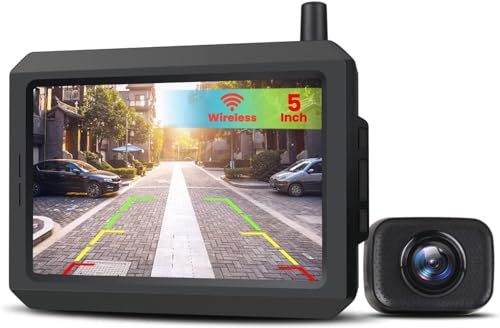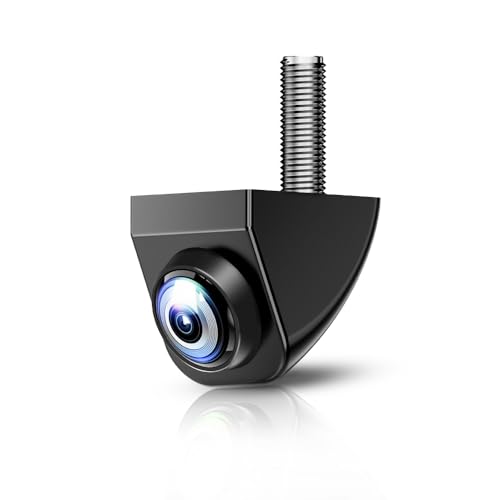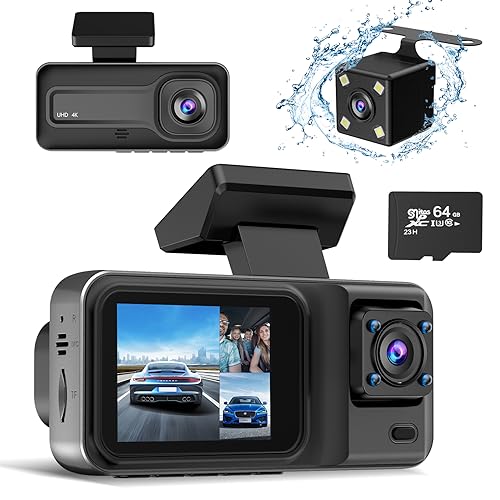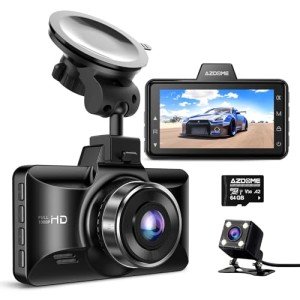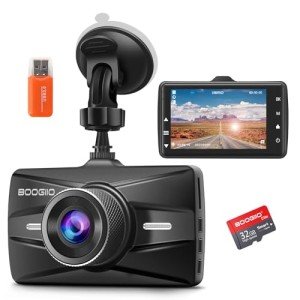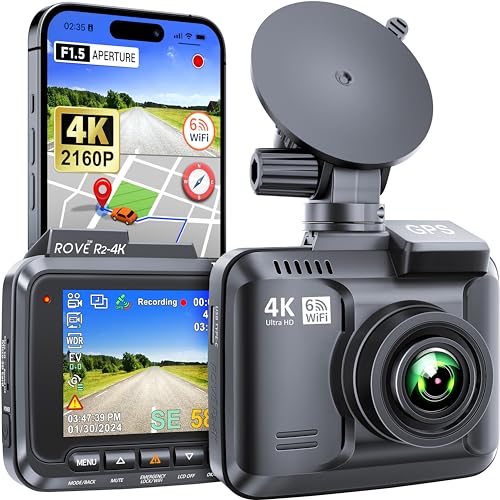Finding the right camera can feel overwhelming, but it doesn't have to be. This Camera Buying Guide will break it down so you can pick the perfect one for your needs. Whether you're into photography for fun or serious about making it your career, there’s a camera that suits you.
First, think about what you'll be using the camera for. Are you capturing family memories at birthday parties, creating stunning landscapes, or getting into action photography? Each type of photography may require different features. For casual snapshots, a compact camera or smartphone might do the trick. If you want to dive into serious photography, consider a DSLR or a mirrorless camera for better quality and more control.
Next, consider what fits your budget. You don't have to break the bank to get a decent camera. There are good options at various price points. Set a budget and stick to it. Remember to factor in accessories like lenses, tripods, and cases, which can add to your total cost.
Don't forget about the size and weight of the camera. If you’re planning on taking it everywhere, a lightweight and portable option is key. Heavier cameras may offer better quality but could be a hassle to carry around all day.
Lastly, check out the ease of use. Some cameras are packed with advanced features that can be intimidating for beginners. Look for something with a user-friendly interface and a good automatic mode while giving you room to grow. This Camera Buying Guide will help you choose a camera that feels right in your hands and matches your skill level.
Understanding Different Camera Types
When diving into the world of photography, it's super important to know about the different types of cameras available. Each type has its own unique features and perks, so let's break them down in this Camera Buying Guide.
Point-and-Shoot Cameras: These cameras are perfect for anyone who wants to capture memories without a lot of fuss. They’re small, user-friendly, and great for casual use. Just aim and press the button! If you're heading to a party or on a trip, a point-and-shoot should be your go-to.
DSLR Cameras: If you’re serious about photography, a DSLR is where it’s at. These cameras give you tons of control over settings like exposure and focus. Plus, you can switch out lenses to suit different situations. They’re a bit bulkier, but the quality of your photos will be worth it.
Mirrorless Cameras: Looking for something in between? Mirrorless cameras offer similar quality to DSLRs but in a smaller, lighter package. You still get interchangeable lenses and great controls, making them a fantastic option for those who want high-quality images without the weight.
Don’t forget about smartphones! They might not be traditional cameras, but today's phones pack a serious punch with their camera technology. If you’re always on the go and prefer convenience, your phone might just be the best camera for everyday shots.
Wireless Backup Camera System with 5-Inch Monitor
See clearly while reversing with this easy-to-install wireless backup camera system
Product information
€102.64
Product Review Score
4.58 out of 5 stars
99 reviewsProduct links
Key Features to Look For
When diving into our Camera Buying Guide, it’s super helpful to know the key features that can make or break your photography game. Let’s break down what to look for, so you can choose the right camera for your needs.
Image Quality
The sensor size plays a huge role in image quality. Bigger sensors usually capture more light, giving you sharper and clearer images, especially in low-light situations. Pay attention to the megapixels too, but remember, it's not just about numbers. Look for cameras that deliver great color and detail.
Ease of Use
You want a camera that feels right in your hands. Check the layout of the buttons, the size of the screen, and how easy it is to access the settings. If you’re a beginner, a camera with a user-friendly interface makes learning so much smoother and more enjoyable.
Lenses and Accessories
Think about the kind of photography you want to do. Some cameras let you swap lenses, which gives you flexibility for different situations, like portraits or landscapes. Also, consider accessories like tripods or external flashes that can enhance your shooting experience.
Battery Life
There’s nothing worse than running out of battery right when you’re about to snap that perfect shot. Check the camera’s battery life rating to see how many shots you can expect on a single charge. Longer battery life means less downtime and more shooting opportunities.
AUTO-VOX 1080P Universal Backup Camera with Night Vision
See everything clearly in daylight and darkness with this reliable backup camera
Product information
€34.21
Product Review Score
4.94 out of 5 stars
167 reviewsProduct links
Tips for Buying Your First Camera
Buying your first camera can feel overwhelming, but it doesn't have to be! Getting started doesn’t require you to be a tech expert. Here are some tips to help you out as you dive into the awesome world of photography.
First up, think about what you'll be using the camera for. Are you capturing family moments, traveling, or maybe trying your hand at photography as a hobby? If you just want to take simple photos for social media, a compact camera or even a good smartphone might do the trick. But if you're ready to explore photography more seriously, consider a DSLR or mirrorless camera.
Next, don't get too caught up in the specs. Sure, things like megapixels and ISO range matter, but for beginners, usability is key. Look for a camera that feels comfortable in your hands and is easy to navigate. Check out features like automatic modes if you want to get started without too much hassle.
If you're on a budget, consider buying used or refurbished cameras. Many shops offer these at great prices and they often come with a warranty. Just make sure to check the condition and return policy before you buy. This Camera Buying Guide can help you spot reliable options and avoid pitfalls.
Lastly, don’t forget the accessories! A good camera bag, a sturdy tripod, and some lenses can make a huge difference. And remember, practice makes perfect! So get out there, experiment, and have fun capturing the moments that matter to you.

